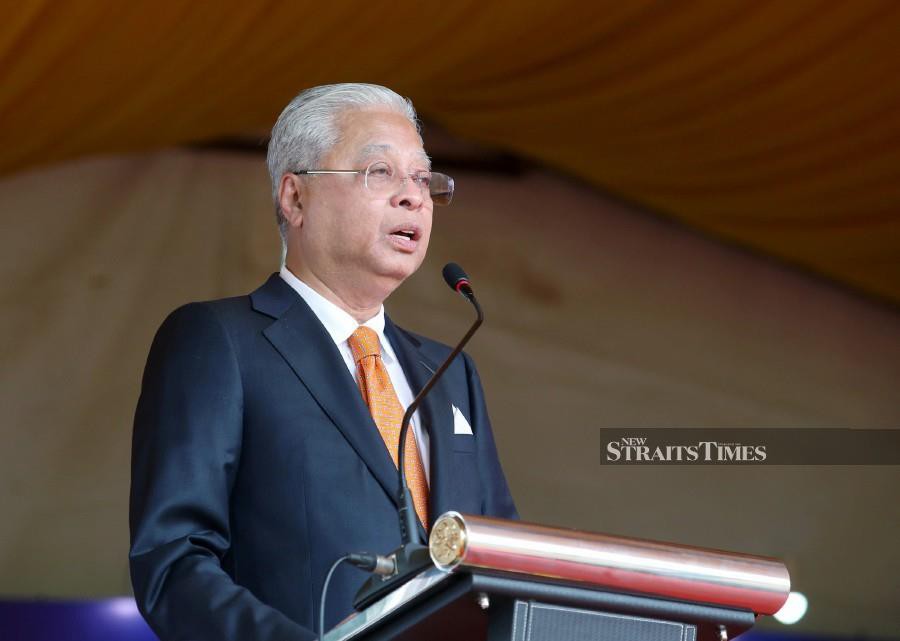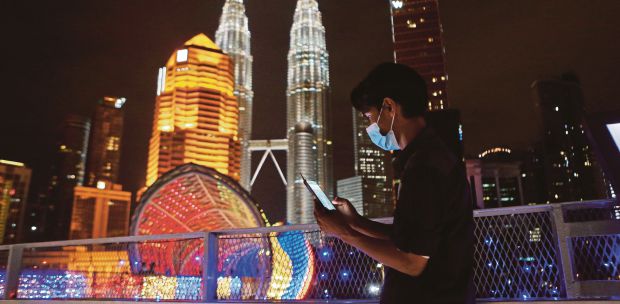KUALA LUMPUR: Malaysia will develop a National Robotics Roadmap (NRR) to step up productivity, reduce the country's reliance on foreign labour and minimise currency outflow.
Prime Minister Datuk Seri Ismail Sabri Yaakob said the NRR aimed to push the country's robot density from only 55 robots for every 10,000 workers in 2019 to 195 robots for every 10,000 workers by 2030.
The Digital Economy and Fourth Industrial Revolution (4IR) Council's meeting, chaired by Ismail Sabri today, also decided to set up a MyDigital Catalytic Projects Task Force to select suitable public-private partnership projects and oversee their implementations.
"The private sector will fund the catalytic projects while the government will play the role of a facilitator.
"Some examples of catalytic projects include smart healthcare aimed at establishing hospitals using 5G technology to enhance the people's healthcare.
"These also include the application of smart city use-cases to ensure sustainable wellbeing for the people," he said in a statement today.
Under the National Digital Network (Jendela), Ismail Sabri said 1.89 million new premises had been equipped with fibre-optic connectivity and 1,189 new 4G telecommunication towers were built between September 2020 and December 2021.
"Under Phase One, fibre optics network has been provided to 6.85 million premises and the 4G coverage in populated areas has reached 95 per cent, as of Dec 31, 2021.
"Digital Nasional Berhad (DNB) has also rolled out access to wholesale 5G network services, which has activated 500 5G bases in Putrajaya, Cyberjaya and Kuala Lumpur, up to Dec 31, 2021.
"DNB has targeted (to activate) 3,500 bases (equivalent to 36 per cent coverage of populated areas) by end of 2022," he said.
Ismail Sabri also said 883 Keluarga Malaysia Digital Economy Centres were currently in operations, through the Entrepreneur Digitisation Empowerment Programme (Pupuk), to provide collective internet access and organise entrepreneurship programmes for local communities.
He said, another 28 such centres would commence operations across the country by March 31.
The government, he added, would organise various programmes throughout February and March, to mark the one-year anniversary of the Malaysia Digital Economy Blueprint (MyDigital) and the Digital Economy Framework of Action that was launched on Feb 19 last year.
These include the Technopreneur Industry Dialogue, dialogue series by the World Bank and MyDigital Corporation, digital transformation programme for Pasar Siti Khadijah in Kota Baru, Kelantan, roundtable discussions on Islamic digital technology and Program Celik Digital for civil servants.
The MyDigital blueprint aims to transform Malaysia into a high-income nation and emerge as a regional leader in digital economy by 2030.





